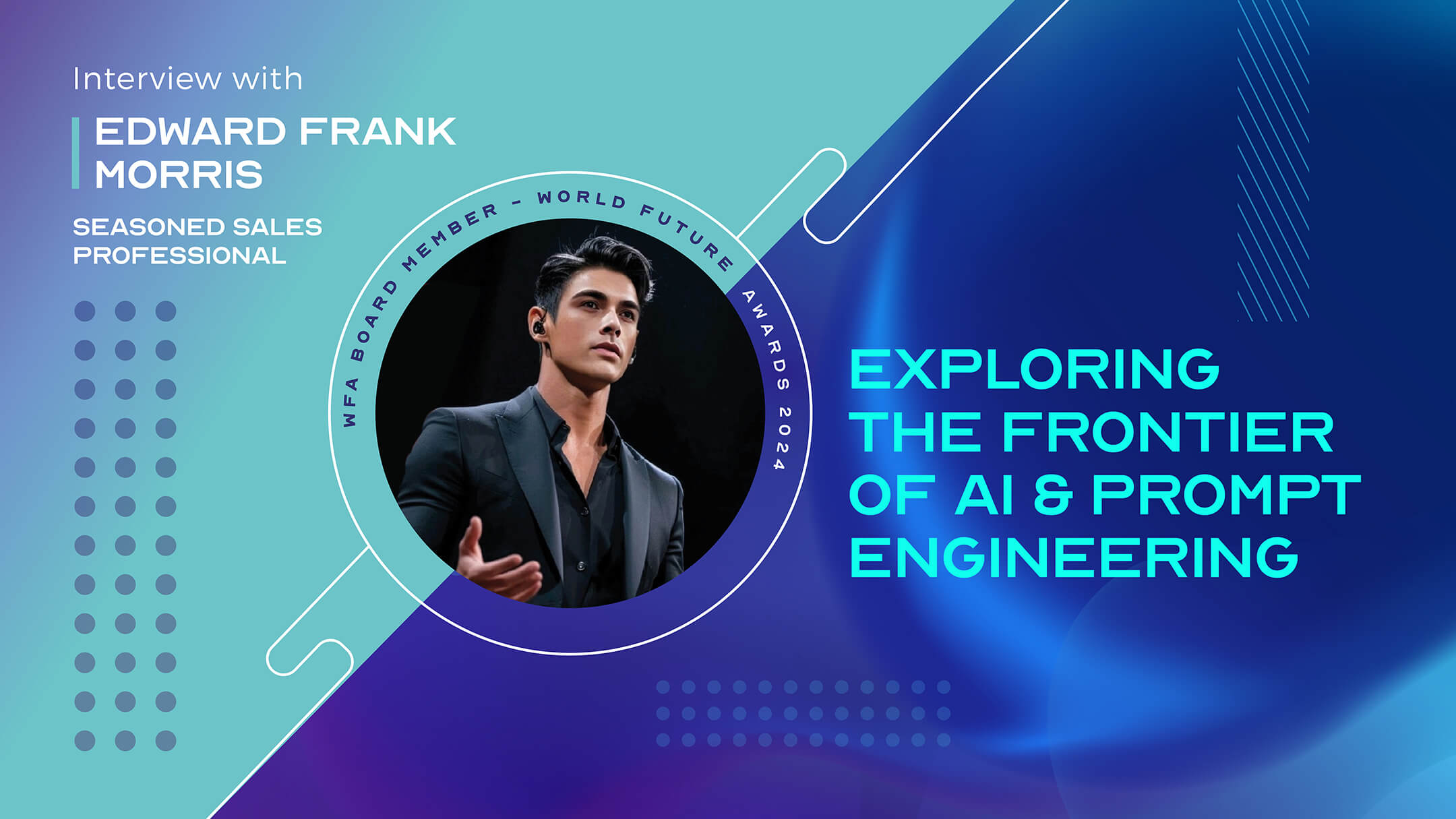
Prompt Engineering as a Way of Communicating with the Machine: Interview with Edward Frank Morris, New WFA Board Member
Welcome to an exclusive interview with Edward Frank Morris, newly appointed Board Member of the World Future Awards. Edward’s expertise spans the broad areas of marketing, generative artificial intelligence, and prompt engineering. During our conversation, Edward shared with us his insights on these and other equally exciting topics.
World Future Awards: Edward, congratulations on your appointment as a World Future Awards Board Member. Please tell us how your journey as a user of AI tools started and why you chose prompt engineering as one of the main areas of your professional activity.
Edward Frank Morris: Thank you so much! It’s an honor to be here with you, the other judges, and the candidates. I think it’s important for people to understand what Prompt Engineering is because it’s something we’ll all come across at some point. Prompt Engineering is very similar to communication, except this time, you’re giving those communications to an AI to do very specific things. Nearly every piece of Generative AI we have works in a Prompting-based fashion, and to be good at one area of prompting usually translates into other areas, providing the technology stands on its own. If you’re good at talking to machines, you’ll be good at AI. But if you’re great at talking to it, you’ll be ahead of the rest of the competition.
WFA: For many people, you have already become a guide to the expanding possibilities of artificial intelligence in content creation. But for those who are not yet using AI in business, what can you say about the key benefits that proper prompt engineering provides?
EFM: That’s a great question. I think most people don’t actually understand that the systems they get, whether it’s ChatGPT or similar, are massively underutilized without the correct coaching or upskilling. Most people have the incorrect assumption that how they use ChatGPT or other Large Language Models out of the box is good enough. But to get profound responses that are actually useful requires a lot of Prompt Engineering and creation. The right prompt can save you hours or days of time. The wrong prompt can cost you time. But using AI, generally, is always a net positive.
WFA: What achievements and milestones in your career have had the biggest impact on your expertise?
EFM: I think the biggest one so far has been the LinkedIn Top Voice award. The blue badge next to my name. I never tried to go for it, apply for it, or anything of the sort. I was new in my Prompt Engineering journey, and all I was doing was commenting on people’s posts, posting, and reaching out to other people to help them. Then, one day it just popped up. Validation from LinkedIn and the Microsoft team. A little whisper to tell me I was on the right path. As it would turn out, I was the first Prompt Engineering-specific person to get the award.
WFA: The scope of application of AI tools is extremely broad. What trends and areas of artificial intelligence use do you pay the most attention to in your work and why?
EFM: I think anything that completes tedious, repetitive tasks is worth attention. Don’t get me wrong, Generative AI isn’t 100% of the way there yet, but we are getting pretty close. It won’t be long until a lot of businesses find themselves in a situation where they wish they started adapting or at least considering AI now rather than later.
WFA: How do AI prompts differ from the usual search engine requests? What techniques or strategies help to form correct prompts and build communication to maximize the effectiveness of artificial intelligence?
EFM: I think that’s a good distinction to make. You can certainly use a lot of AI, even like ChatGPT, as a search engine. Asking it for answers to fairly difficult questions that Google or similar would stumble on when asked. But AI Prompts differ from Search Engines almost entirely. Mainly because you can make AI do anything as mundane as drafting up an email, all the way to giving you a psychological evaluation based on the DSM-5. The limits are almost endless.
WFA: How accessible is prompt engineering to non-technical users? Is expertise in coding or other high-tech areas critical for working with AI tools?
EFM: It depends on how technical you want to get with it. For entry-level? Nope! As long as you’re good at stringing together sentences and giving commands? Then you’ll get a good response. On the far more technical side, you can use Prompting with an API from a Large Language Model like OpenAI’s ChatGPT to get very different responses based on other interactive features. That’s where automation starts taking place where, with a click of a button, you can create a workflow that harvests information and then outputs it into several different things in seconds or minutes. All while still using Generative AI.
WFA: You are the founder of Enigmatica. Tell us about the activities of your company and the most exciting projects it has been involved in.
EFM: What we do typically is behind privacy and NDAs. We understand that a lot of companies want their AI and what makes their AI tick to be private. Most prompts are written in a specific way that makes it specific to that company, which allows them to look into solutions such as copyrighting the prompt itself. But our work varies. The company and I have made prompts for medical professionals that help diagnose illnesses or figure out illnesses. It’s made things that cut down massively on legal drafting for law firms. All sorts really. If you’re a firm that is using a lot of hours and resources in repetitive tasks? It can likely be automated by AI. Even the content creation side of things.
WFA: Prompt engineering is one of the most innovative and dynamic fields today. What are the most inspiring changes and innovations you have seen in it recently in terms of prompt design and functionality?
EFM: I think a lot of people see Prompt Engineering as something that is fairly rigid and programmatic, like coding. But actually, it’s not. There are rules to follow, just like any language, but the beauty of Prompt Engineering is that you’re using plain words to talk to a super intelligent AI that can do most written or analytical things. Now, that’s not to say that you can give an AI two sentences and it’ll build a website – even though you could – but, with the right wording, directives, and lengths, you absolutely could. And with the right amount of creativity, you can make something truly special. Which is why I started the Da Vinci framework and methodology in the first place. To show people the importance of thinking outside of the box.
WFA: How do you see the foreseeable future of prompt engineering? What new opportunities for interacting with AI will evolve, and what challenges might arise?
EFM: We’re on the cusp of getting AI Agents and Chief Artificial Intelligence Officers are becoming more and more important. Ethically implementing this type of AI truly matters. But to make matters a bit more interesting, CAIOs need to have an understanding of how Generative AI and Prompting as a whole work so that they know the ins and outs for their own company. Knowing how it works, how to use it, and all the rest is so important – not to mention that prompt engineering will be massively important if you want to talk from a Generative AI standpoint. Although, sure, the popular narrative is that “AI won’t need prompting in the future!”, I would argue the opposite. How else are you to talk to a machine if you don’t know how to talk? How are you supposed to whisper and control it if you don’t know how?
WFA: What are your objectives as a World Future Awards board member? What do you expect from the WFA nominees, and what advice can you give them?
EFM: My advice to them is to focus less on the technical and more on what you’re giving the customer and end user. Sometimes it’s the most creative and strangest combinations that work best. Think about AI a lot like you would cooking. Roast meat? Logically, you would add salt. Seasoning that is savory. But what truly changed things like ribs, roast pork, or chicken? Honey. Sweet things. So that the savory could sing. The same applies to AI. Do not focus in on coding and making it technically fantastic (although you certainly could), but instead focus in on what the end result is for the user.
To learn more about Edward Frank Morris, visit his LinkedIn profile.
MORE NEWS

Exciting News: Dr. Martha Boeckenfeld Joins the WFA Board
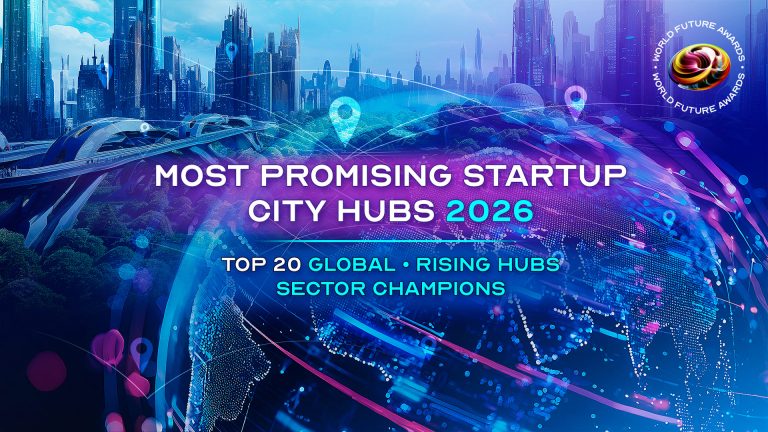
Most Promising Startup City Hubs 2026
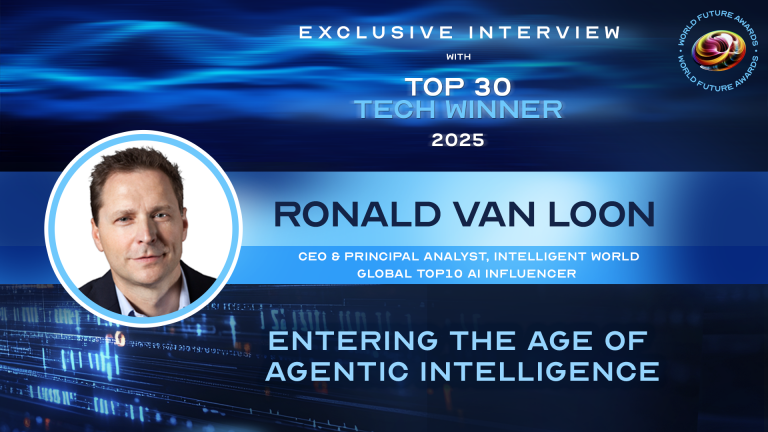
World Future Awards Exclusive: Interview with Ronald van Loon — Top 30 Tech Voices 2025
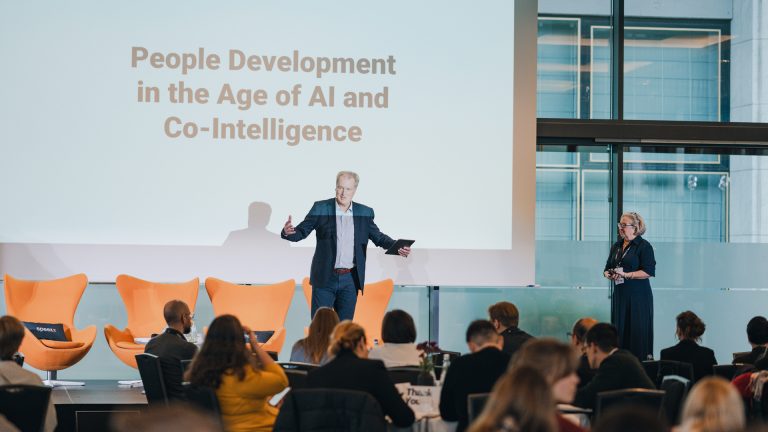
Defining the Next Era of People Development

Speexx Awarded for Global Workforce Development Innovation
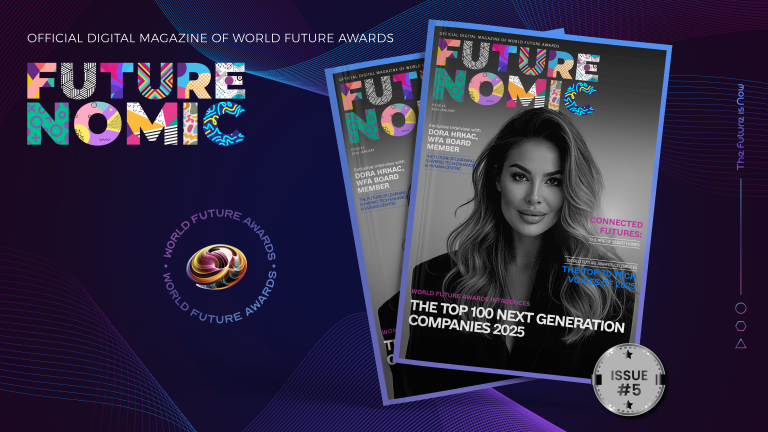
World Future Awards Releases Futurenomics Digital Issue #5

VVater Named One of World Future Awards’ Top 100 Next Generation Companies for 2025
NEWSLETTER
Sign up to learn more about our project and to stay up to date.

